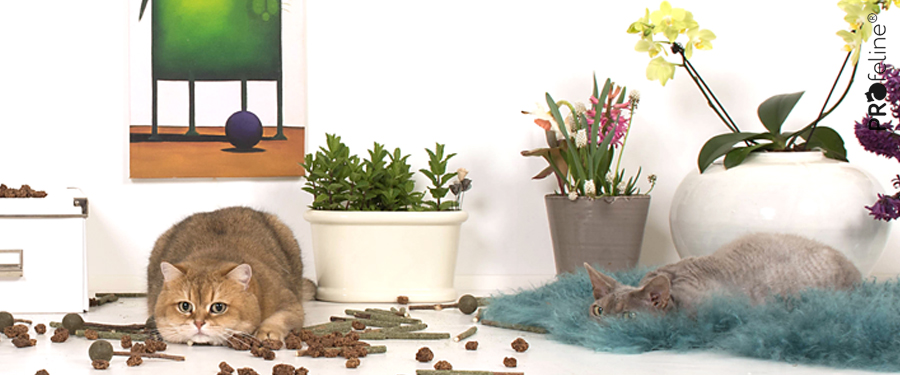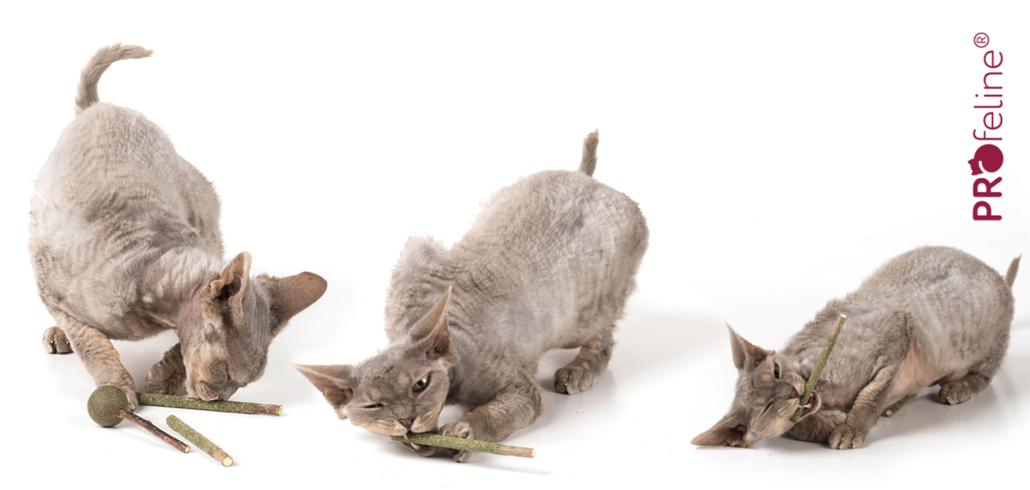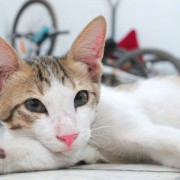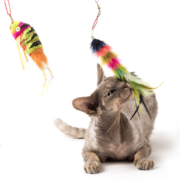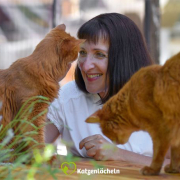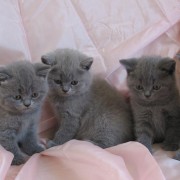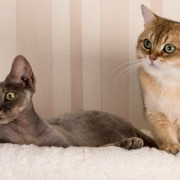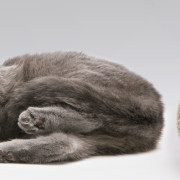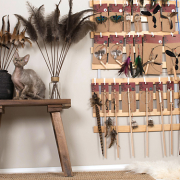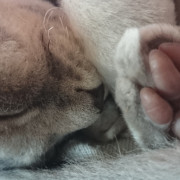Matatabi – Silvervine for Cats
Matatabi Fruit – Catnip – Silvervine Makes Cats Happy!
We are often familiar with enriching the lives of our cats with fragrances, as seen with catnip. Thanks to its relaxing and euphoric properties, Matatabi and catnip enhance the lives of our feline friends.
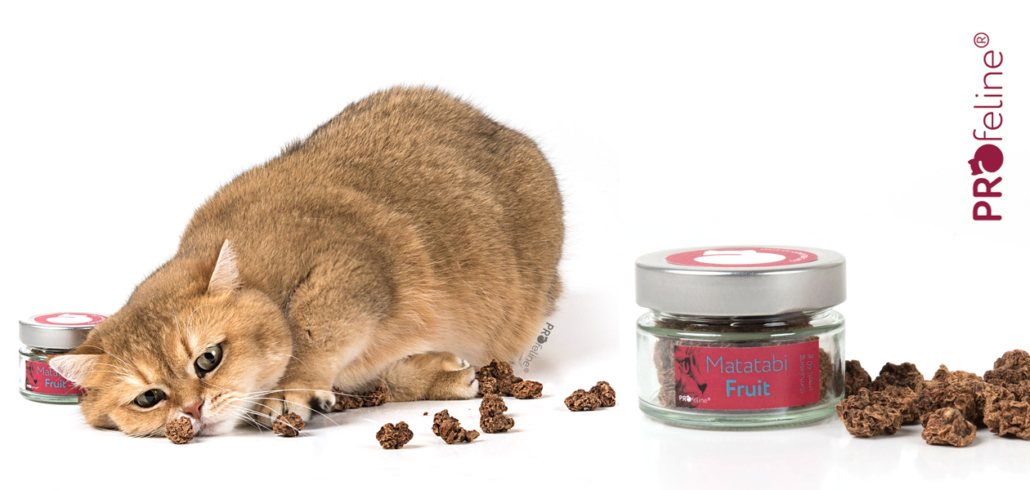
About Matatabi or Silvervine
Matatabi is a climbing plant that can grow up to six meters tall. This plant, known as Actinidia polygama, is also called Japanese catnip, Silver Vine, or, in a less elegant translation, Japanese Radiant Pencil or Silver Wine. A cousin of the kiwi, this plant grows in East Asia and has been used for the well-being of cats for decades.
Many cats that don’t respond to regular catnip react to dried and ground plant galls from the fruits of Japanese Matatabi. Studies have shown that 2/3 of cats that don’t react to catnip are sensitive to Silver Vine.
Utilize Matatabi purposefully to alleviate tension (stress, vet visits, etc.)
Everything is good about the Matatabi plant!
In fact, the branches, stems, leaves, and fruits contain actinidine, an almost magical molecule that has a positive effect on the nervous system of cats. Its scent provides cats with a sense of well-being. They forget about stress and worries, allowing them to relax and enjoy life. Often, a sudden playful mood takes over.
This is how we can strategically use the effects of Matatabi. It helps our cats relax, releasing pent-up energy. It wouldn’t be advantageous if we didn’t use this for our benefit. Are there situations where your cat gets stressed? For example, when there are craftsmen in the house? How about the transport box? Perhaps a move is on the horizon?
Each cat responds in its own way. Some start to jump, others rub their noses on wood or fruits. They often love to lick and chew sticks or fruits to extract the famous actinidine. Ingesting small amounts during play poses no danger.
Good news: Matatabi, like catnip or valerian, doesn’t make cats addicted or dependent. The euphoric effect of the fragrances fades within minutes. The cat then loses interest in the scented toy. But don’t worry, after a while, your cat will return to it with the same joy!
More and more toys are incorporating Matatabi. Wooden sticks, lollipops, dried fruits, and even stuffed animals filled with Matatabi.
Matatabi for Dental Care
Matatabi sticks are more than just toys for cats. Cats enjoy chewing on Matatabi wood, which also aids in dental cleaning. In a way, your cat is brushing its teeth and removing plaque. The friction of the teeth on the Matatabi wood while chewing promotes dental care.
Catnip or the commonly used English term Catnip
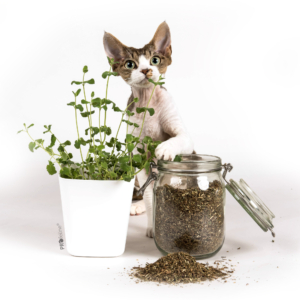 Cat toys with catnip exert a magical allure on almost all cats. The irresistibly enticing scent for cats has been known since ancient times, with natural compounds Nepetalactone and Actinidine being responsible.
Cat toys with catnip exert a magical allure on almost all cats. The irresistibly enticing scent for cats has been known since ancient times, with natural compounds Nepetalactone and Actinidine being responsible.
Around 70% of all cats react to catnip, and almost all cats find the scent of valerian seductive. Catnip is irresistible to almost all cats from the age of 4 months onwards—there are no differences between female cats, male cats, and neutered animals. Cats cuddle intimately with catnip-infused toys, play intensively with them, rub against them, and lick the toys. Many roll with joy on the floor, while others lovingly bury their heads in their new playmates.
Many cat owners worry about their cat’s enthusiasm for catnip, fearing dependence, withdrawal symptoms, or even health risks. However, these concerns are unfounded. Cats that are cautious still have regular contact with these plants. The scent of catnip and valerian is completely safe for cats. Only the consumption of large amounts can lead to discomfort and temporary gastrointestinal issues.

